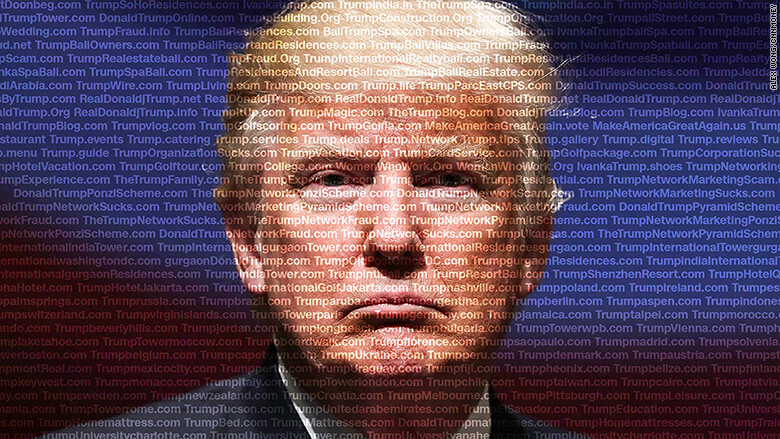
The US Senate Select Committee on Intelligence today released a pair of reports detailing the results of its investigation into Russian interference in the 2016 US presidential election. Here’s what you need to know.
The Washington Post obtained a draft of the report ahead of its publication and revealed its contents in a bombshell article early Monday morning.
The intelligence committee reports, according to the Post, reaffirm what we already know: Russia aided President Donald Trump‘s campaign through a massive propaganda effort. It also provides our best look yet at the sheer scope of the effort. But, perhaps most importantly, it shows at least some Republicans are willing to admit Russians directly attacked our election process.
Major takeaways:
Senate Intelligence Committee confirms Russia engaged in a vast, illegal operation to help elect @realDonaldTrump & hurt Clinton.
Also looks like lame duck Chair @DevinNunes either intentionally whitewashed the House Intel report, or is really stupid and missed all the facts. https://t.co/LZTszMYFaq
— Ted Lieu (@tedlieu) December 17, 2018
The reports confirm previous intelligence findings that Russia’s social media manipulation efforts were, and remain focused in support of US President Donald Trump.
At this point, the US intelligence community, including the non-partisan, Republican-majority Senate Intel Committee, seems to agree: Russia’s Internet Research Agency (IRA) — a State-sponsored agency — aimed to help Trump and hurt candidate Hillary Clinton before and during the election. The report also indicates that the IRA and Russian operatives remained committed to helping Trump long after the election and, presumably, remain so today.
A second major takeaway from the report: Russia prioritized instigating racial disharmony among US citizens, and conducted extensive propaganda campaigns urging blacks not to vote.
Russia's influence campaign made an extraordinary effort to target African-Americans in 2016, using an array of tactics to suppress turnout, according to a report produced for the Senate Intelligence Committee. @ScottShaneNYT @sheerafrenkel https://t.co/fd6x1zYZlJ
— Peter Baker (@peterbakernyt) December 17, 2018
Black voters have disproportionately supported democratic candidates over Republicans in modern presidential races. And nearly every poll conducted prior to, during, and after the 2016 election showed that Hillary Clinton was overwhelmingly more popular with black voters than candidate Donald Trump.
Whether or not the IRA’s efforts in convincing black voters to avoid the polls resulted in any actual difference in the election’s outcome remains unknown. But what’s certain, is that efforts to create racial division in the US are having at least some success.
The final major takeaway from the report is that Congress remains fed up with social media and big tech companies, and now it knows they hid as much as they could during hearings this year. Facebook, Twitter, Google, Instagram, Pinterest, and Tumblr were implicated in the reports as providing the “bare minimum” of assistance in government investigations.
It’s no surprise that the companies exploited by the IRA and other bad actors seeking to aid the President’s rise to Capitol Hill have kept as many secrets as they’ve been legally able to. According to the New York Times:
Both reports stress that the Internet Research Agency created social media accounts under fake names on virtually every available platform. A major goal was to support Donald Trump, first against his Republican rivals in the presidential race, then in the general election, and as president since his inauguration.
Unfortunately, social media companies whose platforms were exploited have been less than forthcoming in dealing with investigators or helping the intelligence community, according to the Senate reports.
The real question that lingers isn’t whether a foreign government attempted to sway a US election — Russia did — but why the President hasn’t sought to hold those responsible accountable. After all, democracy is how we express the will of the people in this country. An attack on our elections is an attack on our citizens.
Hopefully the Senate intel committee confirmation of the previous intelligence reports findings will finally provide a catalyst for US leaders to do something about the problem with a measured and appropriate response.
The White House could start by acknowledging it happened, something it’s so far failed to do in more than two years.
Get the TNW newsletter
Get the most important tech news in your inbox each week.




